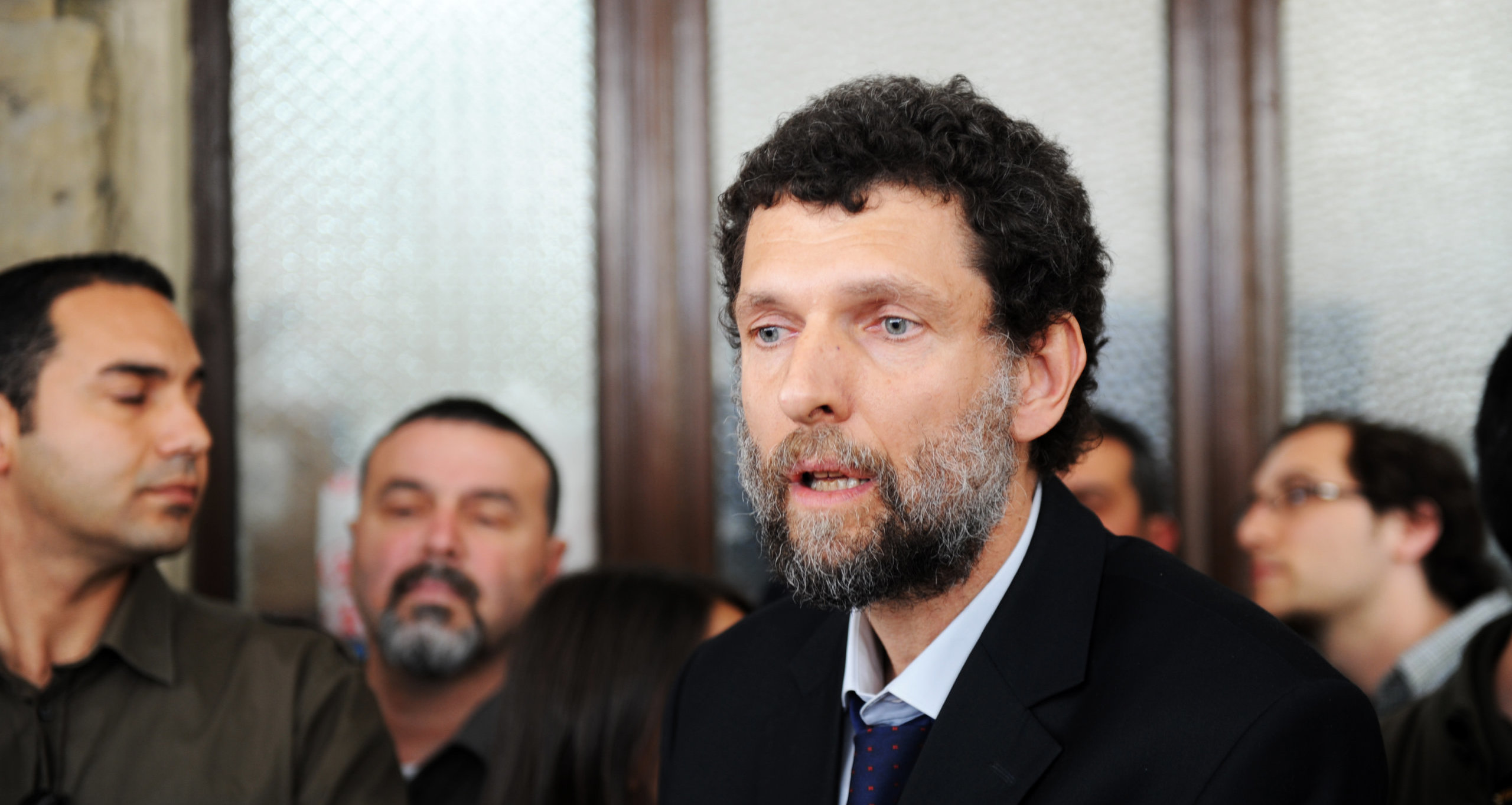On September 28, 2023, Turkey’s Court of Cassation upheld the convictions of Osman Kavala and four co-defendants in connection with the 2013 Gezi Park protests. The convictions have been widely condemned as unfair and politically motivated, and the European Court of Human Rights (ECHR) has twice ordered Kavala's immediate release.
The European Parliament also adopted a resolution on Osman Kavala on May 5, 2022. The resolution noted that the current Turkish government had deliberately destroyed any hope of reopening the EU accession process or opening new chapters and closing opened chapters in the current circumstances by openly undermining the binding rulings of the European Court of Human Rights in the case of Osman Kavala and others. The resolution also reminded the European Council that any improvement in the official relations between the EU and Turkey and any progress on the positive agenda presented in the conclusions of the European Council of June 2021, March 2021, and December 2020 should depend on a real improvement in the situation of civil rights and human rights, as well as the rule of law in Turkey.
On November 1, 2017, the Turkish promoter of art, culture and civil society, Osman Kavala was sentenced to life in prison without parole on false allegations that he organized and financed the 2013 Istanbul Gezi Park protests. The other defendants received 18-year sentences for allegedly aiding Kavala.
Despite ECHR rulings and EU Parliament resolutions, the Turkish government has refused to comply, and Kavala remains in prison. This has led to calls for an urgent international response to the case. “By ignoring these judgments and Turkey’s human rights obligations, the Court of Cassation is doubling down on the deep injustice of this case that dramatically demonstrates how far Turkey has deviated from the rule of law,” said Helen Duffy of the Turkey Human Rights Litigation Support Project.
The Court of Cassation's verdict simply reiterates the prosecution's allegations from February 2019. The court's judgment attempts to establish a link between seemingly unrelated activities and the alleged preparation for the Gezi protests. These activities include the creation of a video titled "Rise up Istanbul" in 2011, a play in 2012-2013 portraying a dictator in Istanbul, and the formation of Taksim Solidarity in 2012, a civil society platform opposing the controversial development plans for Taksim Square and Gezi Park.
However, the court fails to establish any causal connection between these endeavors and criminal activities. There is a lack of evidence demonstrating that these actions were part of a conspiracy involving Osman Kavala and the other defendants.
Moreover, the court references global events like the Arab Spring and non-violent civil disobedience movements such as OTPOR in Serbia, without clarifying their relevance to the case.
The ruling also implicates civil society organizations, notably the Open Society Foundation founded by American financier George Soros, and alleges their involvement in supporting and directing the Gezi Park protests. Yet, the court fails to provide any substantial evidence for these claims.
Another concerning aspect of the court's decision is its reliance on a conspiracy theory reminiscent of antisemitic tropes. This theory suggests that Soros's organizations aimed to overthrow governments through uprisings, and Kavala's involvement in philanthropic activities was merely a guise for these intentions.
Additionally, the court implicates Kavala's own organization, Anadolu Kültür A.Ş., which supports the arts. Several other defendants, including film producer Çiğdem Mater, board member Mine Özerden, and deputy head of the board Yiğit Ekmekçi, were associated with Kavala through this organization.
The decision of the Court of Cassation to uphold the convictions of Osman Kavala and four co-defendants is a serious blow to human rights and the rule of law in Türkiye. It is also a direct challenge to the international community, which has repeatedly called for Kavala's release and for the Turkish government to respect its human rights obligations.
The Parliamentary Assembly of the Council of Europe will hold an urgent debate on the case on October 12th. This is an opportunity for the international community to send a clear message to the Turkish government that its persecution of human rights defenders and political opponents is unacceptable.










Trackbacks and Pingbacks